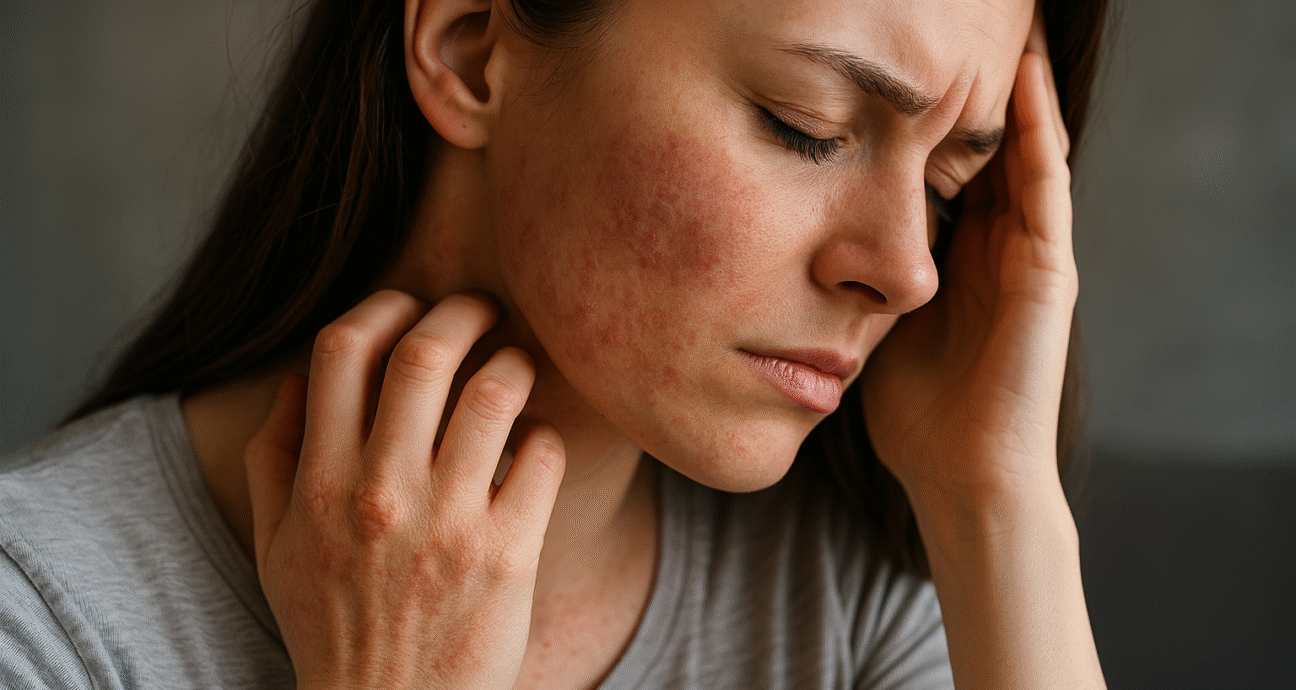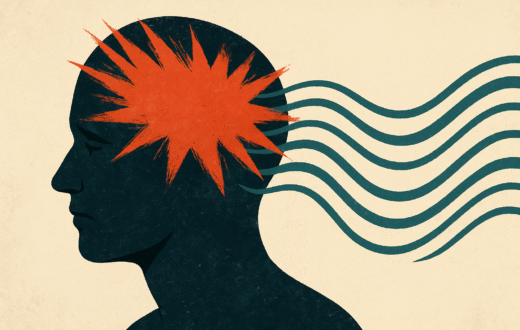Your Skin Might Signal Hidden Mental Health Risks

Recent research suggests that among individuals undergoing psychiatric treatment, those who also present skin conditions may face a greater risk of severe mental health outcomes—such as intensified depression or suicidal ideation. These findings, unveiled at the ECNP meeting in Amsterdam, raise the possibility that dermatological symptoms could act as early warning clues for psychiatrists.
The study focused on 481 people experiencing a first episode of psychosis—the initial onset of delusions, hallucinations, or disconnection from reality. In this group, 14.5% had skin problems (24% of females, 9.8% of males), manifesting as rashes, itchiness, or photosensitivity. All participants underwent four weeks of antipsychotic therapy, after which their mental health status was reassessed.
Lead researcher Dr. Joaquín Galvañ (Instituto de Investigación Sanitaria Gregorio Marañón, Madrid) explained:
“After follow-up, we saw that those psychosis patients having skin conditions had higher rates of depression and suicidal behavior. Among people without skin symptoms, only about 7% reported suicidal thoughts or attempts; in contrast, among those with skin issues, about 25% did so. Skin conditions present early appear to correlate with worse psychological wellbeing at follow-up.”
He added that if future studies validate these observations, clinicians might use skin symptoms similarly to how biomarkers are used in physical health: as risk indicators for psychiatric prognosis.
Because the skin and the brain both originate from the same embryonic layer (the ectoderm), the investigators speculated that shared developmental pathways or inflammatory mechanisms might underlie the link. This is apparently the first study of its kind in psychosis, and the team calls for replication and extension to other psychiatric diagnoses like bipolar disorder, ADHD, anxiety, or depression.
Independent commentator Professor Eric Ruhe (Radboud University, Netherlands) noted:
“The association between skin problems and first-episode psychosis is intriguing. We’ll need to confirm this finding in different cohorts. Given that brain and skin share embryonic roots, the mechanism is worth exploring—perhaps by culturing skin cells to guide psychiatric treatment choices”.





